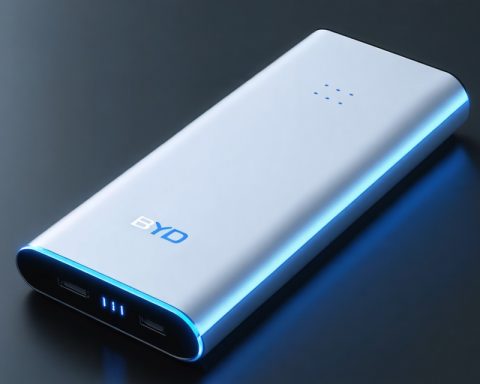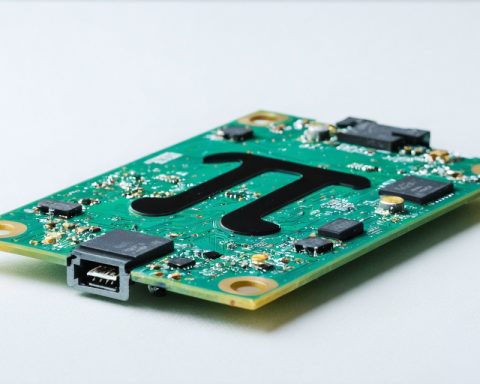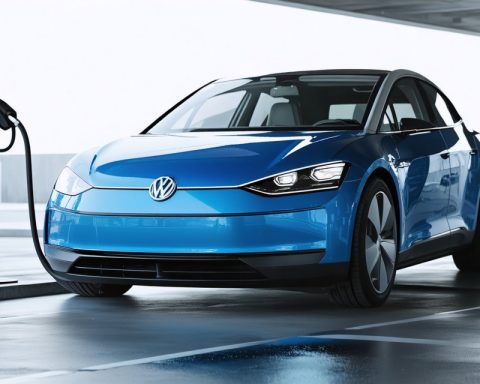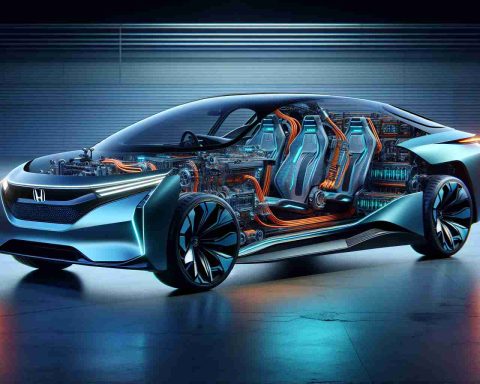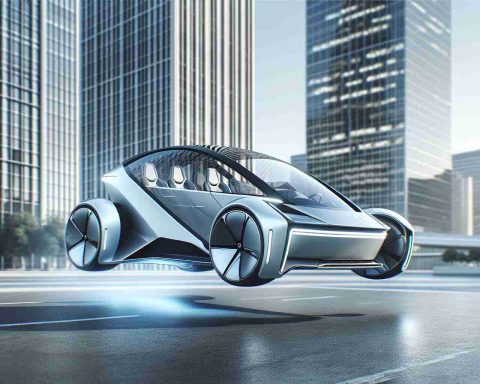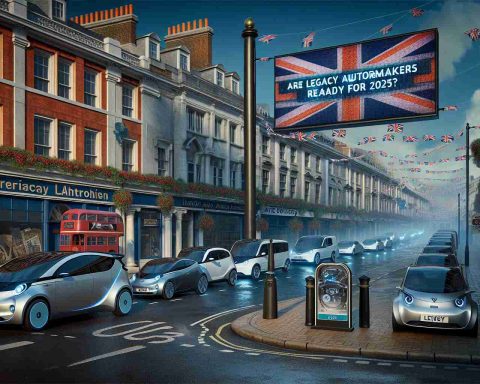- Toyota leads the hybrid market, holding a 42.4% global market share in HEV sales.
- Europe and Japan show strong hybrid adoption, with 67.1% and 59.4% of Toyota’s sales being hybrids, respectively.
- China sees significant growth in hybrid sales, with a 14% increase, driven by Toyota’s models.
- Hybrids offer a practical alternative in regions with inadequate EV infrastructure, showcasing adaptability over full EVs.
- The U.S. reflects a 12.2% rise in HEV sales, indicating increased consumer interest in hybrids as a middle ground.
- Toyota’s blend of innovation and practicality solidifies its leadership in the hybrid market amid evolving automotive trends.
Gleaming across global roads, hybrids have quietly surged in popularity. Leading this green revolution, Toyota’s hybrid vehicles now account for a significant 42.4% of global market share in hybrid electric vehicle (HEV) sales—a testament to their innovative edge and strategic foresight. This figure marks a remarkable 9% increase from last year, illustrating a shifting tide in automotive preferences.
Europe stands out as a hybrid hotbed, with 67.1% of Toyota’s vehicles sold sporting hybrid engines. Across Japan, this green embrace echoes with 59.4% of new car sales. The real surprise, however, lies in China, where the country witnessed a substantial 14% growth in hybrid purchases, driven by Toyota’s dominant presence. Models like the Camry, Sienna, and Granvia lead the pack, occupying the top spots among hybrid buyers.
In frigid hinterlands and scorching deserts, where electric vehicle (EV) infrastructure lags or struggles, hybrids emerge as a practical and efficient alternative. This adaptability underscores Toyota’s success in diverse climates and showcases hybrids’ flexibility over full EVs in certain regions.
Stateside, the trend persists. A 12.2% increase in HEV sales in the U.S. highlights growing consumer interest, spurred by pragmatic concerns over EV range, cost, and resale value. As skepticism holds some back from full electrification, hybrids offer a compelling compromise, bridging the gap between traditional combustion engines and a sustainable future.
The takeaway? Toyota’s uncanny ability to blend innovation with practicality powers their ascent in the hybrid domain. As the race towards a more sustainable automotive future accelerate, Toyota cements its leadership by offering what customers need now, positioning them ahead in the dynamic era of evolving transportation landscapes.
The Surprising World of Hybrids: Why Toyota is Leading the Charge and What It Means for You
How-To Steps & Life Hacks: Maximizing Your Hybrid Experience
1. Optimize Your Driving Habits: Hybrids perform best with smooth, consistent driving. Avoid rapid acceleration and heavy braking to maximize efficiency.
2. Regular Maintenance: Follow the manufacturer’s maintenance schedule for checks and services. Keep an eye on battery health and replace air filters to ensure optimal performance.
3. Use Eco-Mode: Most hybrids, including Toyota models, offer an “Eco” mode. Activate it to enhance fuel economy during city driving.
Real-World Use Cases
Hybrids serve as an excellent transition for those not ready to fully commit to electric vehicles (EVs). For instance, in rural areas with limited EV infrastructure, hybrids like the Toyota Prius and Camry offer reliability without range anxiety. Additionally, urban commuters can enjoy hybrids’ efficiency, experiencing fewer trips to the gas station.
Market Forecasts & Industry Trends
According to a report by MarketsandMarkets, the hybrid vehicle market is expected to grow from 3.0 million units in 2020 to 6.3 million by 2025. Factors driving this growth include technological advancements, government incentives, and a greater emphasis on reducing vehicle emissions.
Reviews & Comparisons
Toyota’s hybrids, such as the Camry Hybrid and RAV4 Hybrid, consistently receive praise for their superb reliability and solid fuel economy. In comparisons, they often outperform rivals like the Honda Accord Hybrid and Ford Fusion Hybrid in terms of resale value and long-term durability.
Controversies & Limitations
While hybrids offer some environmental benefits, they are not without criticism. Some argue that certain hybrids still rely heavily on fossil fuels, and their production involves substantial resource use. Moreover, recycling battery materials remains a challenge, prompting an ongoing debate about the overall green credentials of hybrid versus full electric vehicles.
Features, Specs & Pricing
For instance, the 2023 Toyota Camry Hybrid offers a combined 52 mpg, a total system power of 208 hp, and is priced starting around $27,000. Standard features include safety systems like Toyota Safety Sense™ and an infotainment system compatible with Apple CarPlay and Android Auto.
Security & Sustainability
Toyota emphasizes the sustainability of its hybrid models by utilizing materials that reduce environmental impact. Improved battery technology ensures longevity and efficiency. However, potential buyers should be aware that batteries in hybrids, though recyclable, should be disposed of properly to prevent environmental harm.
Insights & Predictions
As EV infrastructure expands, hybrids are expected to serve as a bridge towards full electrification. Experts predict that Toyota’s continued innovation in hybrid technology could maintain its leading position, especially as hybrid models diversify to cater to different consumer needs.
Tutorials & Compatibility
Toyota offers resources and tutorials on how to operate hybrid vehicles for optimal performance and efficiency. Most modern hybrids are compatible with smart home systems, allowing users to access vehicle data remotely through smartphones.
Pros & Cons Overview
Pros:
– Better fuel economy compared to traditional vehicles.
– Environmental benefits with reduced emissions.
– A comfortable entry into electric vehicle technology.
Cons:
– Still rely on gasoline for longer trips.
– Potentially higher initial purchase costs.
– Environmental debate over battery production and disposal.
Actionable Recommendations
– Consider a Hybrid: If concerns about range anxiety, charging infrastructure, or cost deter you from full-electric vehicles, hybrids offer an effective compromise.
– Evaluate Your Needs: Assess your driving patterns and energy costs to determine if a hybrid is suitable for your lifestyle.
– Stay Informed: Monitor developments in automotive technology as the market evolves to incorporate more sustainable solutions.
For further insights into Toyota’s commitment to sustainable transportation, visit the Toyota official website.
Conclusion
With the hybrid market set for continual growth, investing in a hybrid vehicle such as those offered by Toyota not only caters to present needs but is a proactive step towards a sustainable future. Understanding the advantages and limitations allows consumers to make informed decisions that align with their environmental and financial goals.

